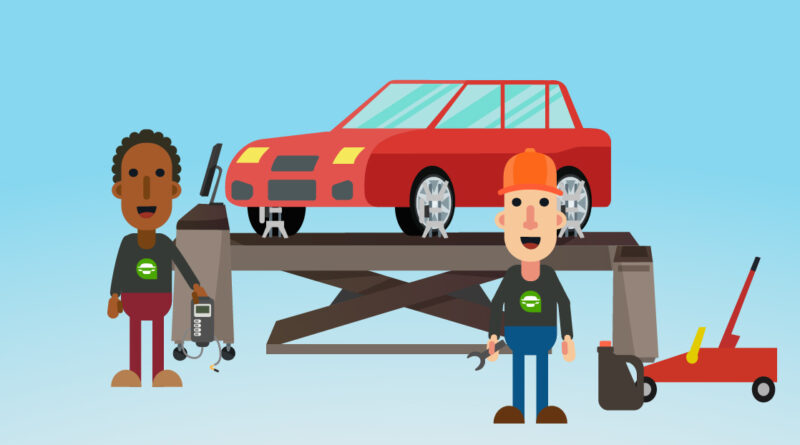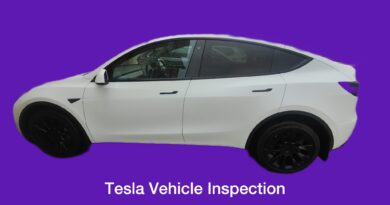Do Electric Cars Need Servicing: Unraveling the Maintenance Myth
One common question that arises among potential EV owners is, “Do electric cars need servicing?” Contrary to the traditional perception of high maintenance costs associated with vehicles, EVs present a paradigm shift in the world of automotive servicing. Let’s delve into the details of electric car maintenance to understand why EVs are often considered low-maintenance vehicles. Electric vehicles (EVs) can appeal with their eco-friendly appeal and not really innovative technology as first electric car was invented in 1884. Buying a used electric car.
The Simplicity of Electric Powertrains
One of the key reasons why electric cars demand less servicing is the inherent simplicity of their powertrains. Unlike internal combustion engine (ICE) vehicles with numerous moving parts, EVs boast a more straightforward design. Electric motors have fewer components, reducing the likelihood of mechanical failures and minimizing the need for regular maintenance.
Fewer Moving Parts, Fewer Problems
Traditional gasoline-powered vehicles consist of complex engines, transmissions, and exhaust systems with many moving parts that wear out over time. In contrast, electric cars primarily rely on an electric motor, a power control unit, and a battery. With fewer components prone to wear and tear, EVs experience fewer mechanical issues, resulting in reduced servicing requirements.
Brakes that Last Longer
Regenerative braking, a feature common in electric vehicles, contributes to extended brake life. Unlike conventional vehicles that rely solely on friction brakes to slow down and stop, regenerative braking harnesses the electric motor to decelerate the car. This innovative braking system not only enhances energy efficiency but also reduces wear on traditional brake components, leading to less frequent brake replacements.
Battery Longevity and Management
The battery pack is a crucial component of any electric vehicle, and its longevity is a primary concern for EV owners. Fortunately, advancements in battery technology and sophisticated battery management systems contribute to the extended life of EV batteries. Manufacturers often provide warranties for a certain number of years or miles, offering peace of mind to owners concerned about potential battery issues. Average warranty for HV battery 10 years or 130000miles. Understanding battery capacity calculation on Tesla.
Routine Maintenance Simplified
Routine maintenance tasks for electric cars are generally simpler compared to traditional vehicles. While ICE cars require regular oil changes, air filter replacements, and transmission fluid checks, electric cars necessitate fewer scheduled services. Basic maintenance may include tire rotations, brake fluid checks, and inspections of the cooling system, but the overall frequency and complexity are notably reduced.
Diagnostic Capabilities and Over-the-Air Updates
Many electric cars come equipped with advanced diagnostic capabilities and over-the-air update functionalities. These features allow manufacturers to remotely monitor the vehicle’s health, identify potential issues, and deploy software updates to enhance performance and address any concerns. This streamlined approach to vehicle maintenance minimizes the need for frequent trips to service centers.
Conclusion
In conclusion, the common perception that electric cars require extensive servicing is largely a myth. The simplicity of electric powertrains, fewer moving parts, extended brake life, battery management advancements, simplified routine maintenance, and advanced diagnostic capabilities collectively contribute to the low-maintenance nature of electric vehicles. As the automotive industry continues to embrace electrification, the shift toward more reliable and hassle-free electric cars is expected to persist, debunking the myth that green driving comes with high maintenance costs. Before purchasing an electric car, it’s advisable to research the anticipated service costs, compare local service centers, and understand the warranty coverage provided by the manufacturer. This proactive approach can help electric car owners make informed decisions regarding maintenance and servicing, potentially reducing overall ownership costs. In general servicing cost will be approximately the same as in internal combustion engine cars.
It’s important to note that individual experiences may vary, and specific models and manufacturers can influence maintenance costs. Additionally, as EV technology continues to evolve, ongoing improvements in efficiency and durability are likely to contribute further to the cost-effectiveness of electric vehicles in terms of maintenance.
Buying a used VW. Vauxhall, BMW, Jaguar, Ford, Volvo, Range rover, Bentley, Aston Martin, Porsche, Ferrari, Lamborghini, Maserati, Hyundai




